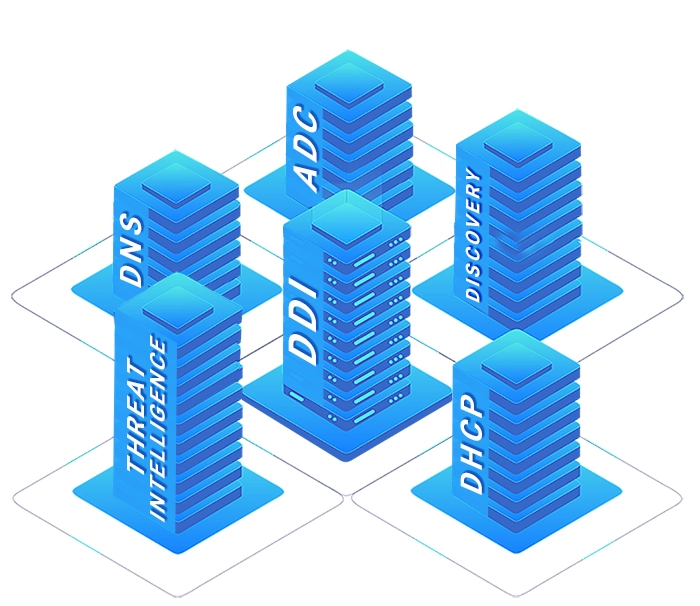We use cookies on this site to
improve your browsing experience, analyze individualized usage, and
website traffic tailor content to your preferences, and make your
interactions with our website more meaningful. By clicking "Accept All" closing this banner, or continuing to browse this site, you
consent to the use of cookies.
-
Products
-
Solutions & Technology
-
Services & Support
-
Resources
-
Company
-
Customer Portal

















 TCPWave's DHCP management solution
has revolutionized our allocation of IP addresses. The
automation capabilities and robust monitoring features have
saved our team countless hours and reduced the risk of errors. I
highly recommend this solution to anyone looking to improve
their network management efficiency.
TCPWave's DHCP management solution
has revolutionized our allocation of IP addresses. The
automation capabilities and robust monitoring features have
saved our team countless hours and reduced the risk of errors. I
highly recommend this solution to anyone looking to improve
their network management efficiency.

